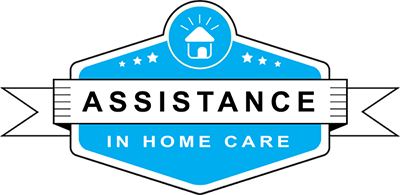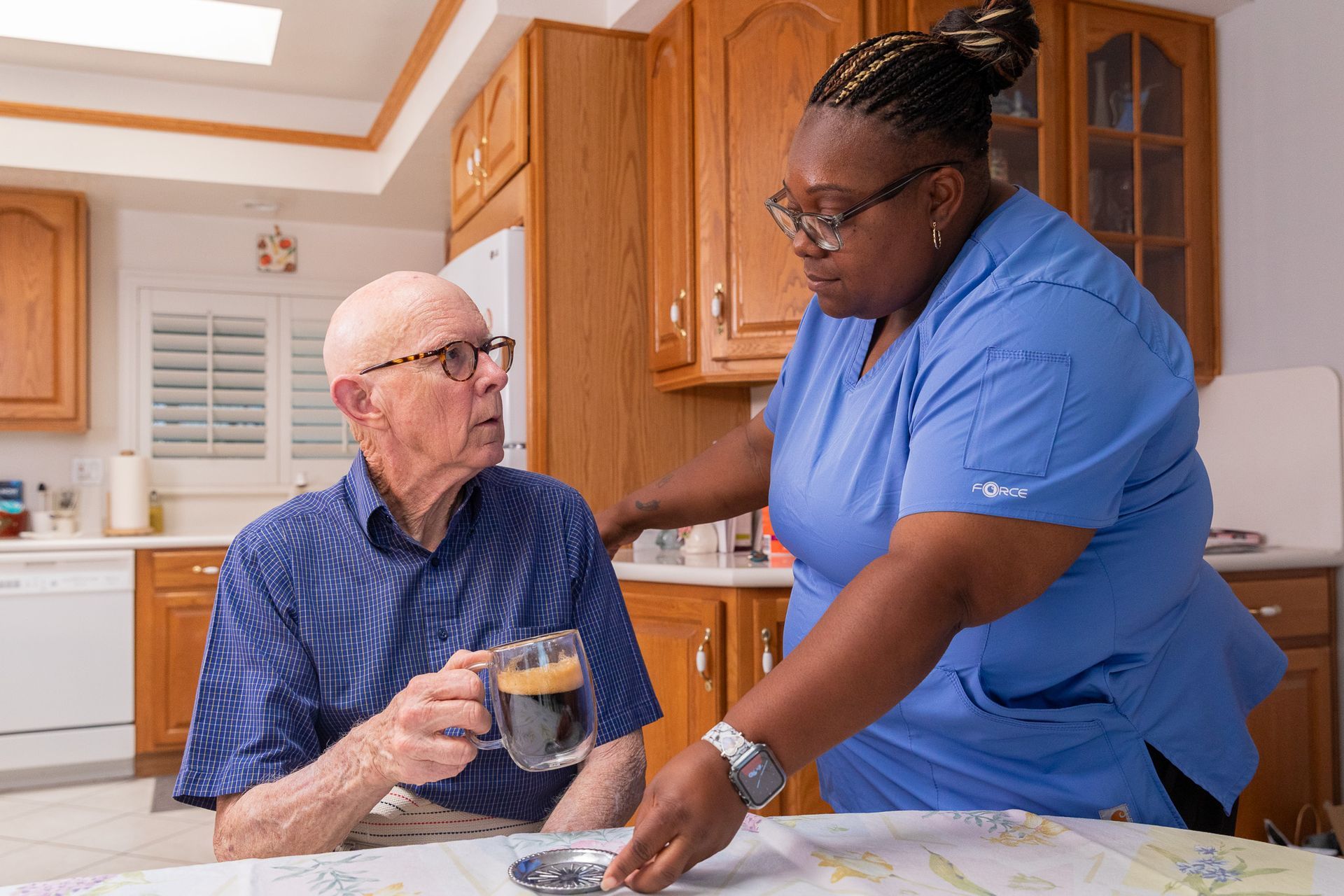Keeping a Healthy Heart Through February

February is the month of hearts with Valentine’s Day just around the corner. How-ever, while we all try to win the hearts of our loved ones, we can not forget the most important heart of all: our own. February is also American Heart Month serves to bring attention to one’s cardiovascular health and the risk of heart disease. In the United States, heart disease is the leading cause of death for men and women. Coronary heart disease, the most common type of heart disease, affected over 360,000 people in the United States alone in 2019. 1 Risk factors such as high blood pressure, high blood cholesterol, and smoking have a huge impact on whether someone is at risk for heart disease or not. Assistance in Home Care encourages you and a loved one to take the following lifestyle changes to ensure you maintain a healthy heart throughout the month of February.
Healthy Eating Leads to a Healthy Heart
We’ve all been the victim of stress eating. The pandemic, work, and other external stress factors may make us eat more “less-than healthy” comfort foods, however unhealthy responses to stress can be hard on one’s body. 2 Hence why trying to eat more nutrient-rich foods will kick start your journey to a healthier heart. To help reach your daily nutritional goals, follow these simple rules:2
- Eat vegetables, fruits, and whole grains
- Include fat-free, or low-fat dairy products, fish, poultry, beans, nuts, and vegetable oils
- Limit sugar sweetened drinks. Try making your own tea!
Some habits can be hard to break. To make it an easier process, make changes gradually. Maybe start off by adding an additional serving of vegetables a day or eat a piece of fruit with your breakfast.
Minimize Stress
The pandemic, work deadlines, and financial struggles haven’t made it easy to relax and take a deep breath recently. Your body naturally reacts to the stress you feel: in-creased heart rates, narrowing your blood vessels, and overtime these small factors can build up to negatively affect your health. For instance, chronic stress makes it more likely for one to have high blood pressure, heart disease, diabetes, and poor sleep. Luckily, As-sistance in Home Care knows a few exercises to help you and a loved one de-stress.2
- Meditation is among one of the most studied methods in managing stress. Find a quiet location, get in a comfortable position, and focus on your breathing for 10-15 minutes.
- Having a Self-Care Routine can ensure that you schedule out part of your day for you. Whether it be face masks, going on walks, or even cooking a meal, find a self-care routine that works best for your needs.
- Quit Smoking. Old habits die hard, but if you or a loved one are still smoking, it’s time to quit. A smoke-free life has many benefits including improved circulation, reduced risks of certain types of cancers, and overall feeling more energetic.
Preventing Heart Disease One Change at a Time
The effects of risk factors become more evident as you age; high blood pressure and high cholesterol increase your chances of having a stroke or developing a heart dis-ease. As a result, controlling and preventing risk factors become that much more important for you or a loved one. American Heart Month should be a reminder for all of us to take care of our bodies and health as we all age. It’s never too late to make the change towards a healthier lifestyle.
Assistance in Home Care provides in-home care services for individuals living with chronic conditions such as cancer, heart disease, and Parkinson’s disease. Our caregivers are trained to work with such individuals and understand that caring for a loved one with chronic conditions can be stressful and overwhelming. Learn more about our personalized care plans and schedule a free home assessment today.
Resources
- Centers for Disease Control and Prevention: https://www.cdc.gov/heartdis-ease/american_heart_month.htm
- National Heart, Lung, and Blood Institute: https://www.nhlbi.nih.gov/education/amer-ican-heart-month
- American Heart Association: https://www.heart.org/en/around-the-aha/february-is-american-heart-month


